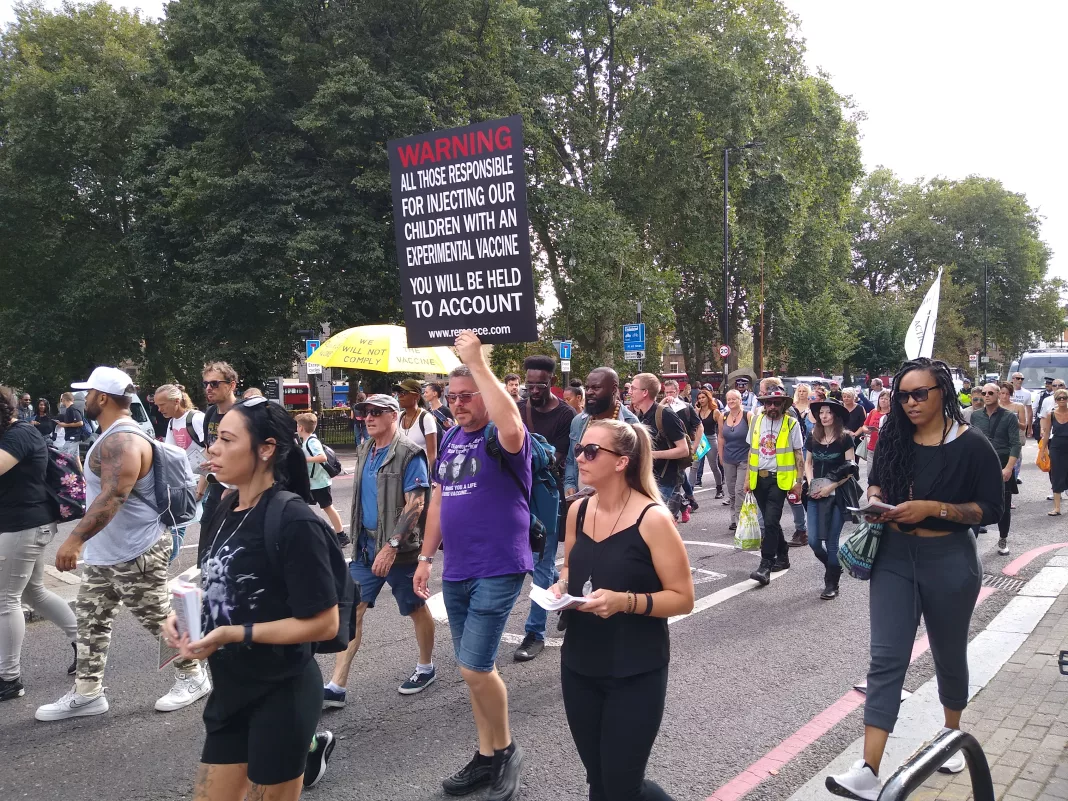Martin Conmy discusses the unlearnt lessons from the pandemic.
Remember COVID?
That might sound like a ridiculous question; of course you do. Who could forget the virus that ravaged the world, killed an estimated 27 million people, slashed British GDP by almost a fifth and locked us indoors for months at a time?
But if we remember COVID-19, we certainly don’t act like we do. Wherever you look – socially, politically, economically, even culturally – the virus and its impact are, by now, virtually invisible. The coronavirus may have been humanity’s “biggest test since WW2”, as UN Secretary-General Antonio Gueterres declared in 2020, but our refusal to change the pre-COVID status quo instead seems to testify to a quote from Andrei Tarkovsky – “in four thousand years humanity has learnt nothing at all”.
The early days of COVID-19 saw a near universal consensus emerge among political commentators: the pandemic had demonstrated the folly of individualism, with the public quick to embrace communitarianism and collective sacrifice. Everything from our acquiescence to lockdown restrictions to the weekly clap for nurses was taken as immutable evidence of this. Gueterres was not alone in comparing COVID with WW2; just as wartime Britons had accepted the need for collective action and sacrifice in combating the German threat, so had contemporary Britons bravely agreed to stay at home to save lives and protect the NHS. Numerous journalists, and even Keir Starmer himself, cast the Labour leader as the next Attlee, Labour’s transformative postwar leader. Indeed, in 1945, the inevitable result of this shared experience would be a radical turn towards leftism.
Whether or not this spirit of collectivism was a mirage then, it has all but vanished by now. The emergence of anti-vaccine extremism demonstrated that the ghost of dogmatic individualism lived on – according to one poll, as many as a quarter of UK adults believe that COVID was a hoax.
Similarly, COVID did not help the left very much; people remain as attached to the rugged individualism and self-obsession of right-wing neoliberalism as ever. Trump has opened up a decisive poll lead in America; in Germany, the Alternative for Germany (AFD), a far-right party whose founder has criticised the memorialisation of the Holocaust and spoken in favour of a “more positive” attitude to Germany’s Nazi past, is currently the second-most popular party. In the UK, Labour may have opened up a major poll lead, but it is hard to see Keir Starmer, a man who has praised Margaret Thatcher for enacting “meaningful change”, as the next Attlee. Britons have gone back to holding each other in as much contempt as we did before the pandemic; compared to early 2020, people are more hostile towards state expenditure and more supportive of stricter benefit laws according to YouGov polling. Almost no sacrifice was too great in preventing deaths from COVID – and yet Britons refuse to stomach even minor changes to the cruel benefits system that contributed to as many as 300,000 deaths since Cameron-era austerity cuts.
COVID did not teach us the value of communitarianism then, but, even more extraordinarily, it did not even teach us the necessity of pandemic planning. According to the Global Health Security Index, not a single country is sufficiently prepared for future health emergencies; healthcare spending in the rich world, meanwhile, has fallen since 2021, and is now almost identical to its level pre-COVID. The wet food markets in Wuhan that likely gave birth to the disease remain open today, as they have been since 2021. Even working from home, perhaps the primary lingering legacy of the pandemic, has declined enormously since the pandemic’s end, seeming more like a temporary aberration rather than a fundamental transformation.
Why exactly we have completely forgotten about COVID, and refused to learn from it, is a more nebulous question – our complete disinterest in the pandemic is shown by the lack of studies into this question. Perhaps, unlike an era-defining event like WW2, our experience of COVID was one defined largely by mind-numbing boredom rather than any dramatics; making it fade from the memory more quickly; or maybe, unlike an event like the 2008 financial crisis, we subconciously see it as something natural, having no human antagonists present to point the finger at.
George Santayana’s famous quote “those who cannot remember the past are condemned to repeat it” may be an enormous cliché, but it is a cliché for a reason. COVID-19 should not only serve as a lesson in the necessity of preparing for unpredictable catastrophes. It also ought to teach us the folly of individualism and the need for communitarian ideals in dealing with them. Unfortunately, we can only expect more economic disaster and needless deaths in the future if we maintain senseless individualism and ignore the lessons of COVID.


